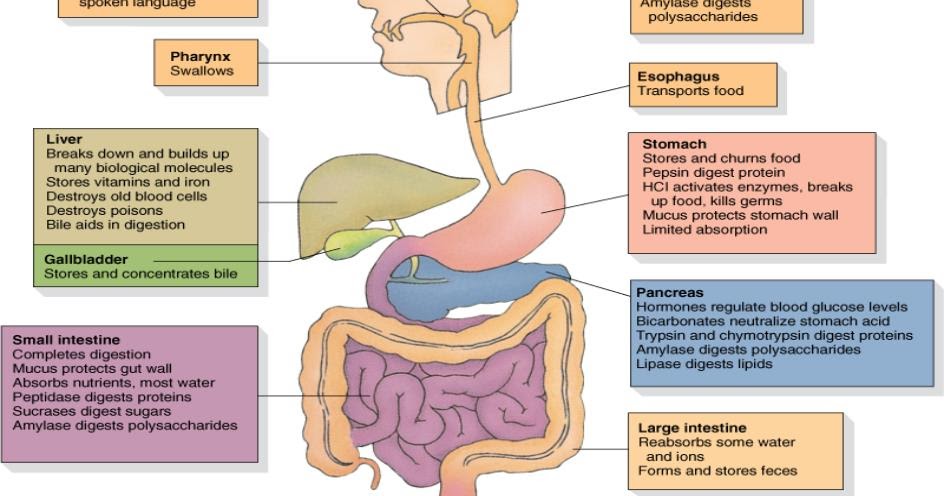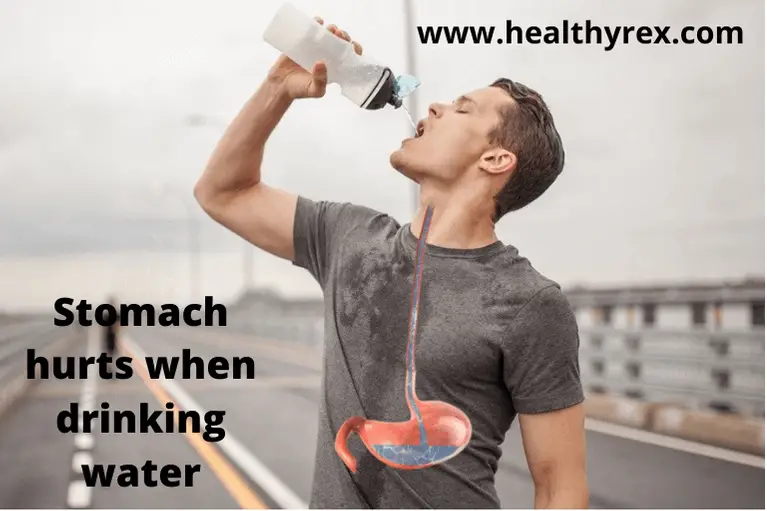

But the somatic nervous system also plays a role to control the timing of elimination. Heart failure (a chronic condition where the heart gradually loses its pumping force) can also cause abdominal water retention. The defecation reflex is mostly involuntary, under the command of the autonomic nervous system. This process, called defecation, involves contraction of rectal muscles, relaxation of the internal anal sphincter, and an initial contraction of the skeletal muscle of the external anal sphincter. Water and other liquids help break down food so that your body can absorb the nutrients. The body expels waste products from digestion through the rectum and anus. It does not dilute the digestive juices or interfere with digestion. Over 20 feet in length, the small intestine also delivers the leftovers that.

Defecation Eliminates Waste From the Body It is also responsible for absorbing these nutrients from the food you eat. lack of water, calcium, and magnesium can cause ulcers, gastritis, and acid reflux because the stomach doesnt have enough water to produce digestive acid. The large intestine temporarily stores the feces prior to elimination. It continues to move through the descending and sigmoid colons. This dehydration, combined with peristaltic waves, helps compact the chyme. Other symptoms you may have: Frequent diarrhea. After that, the sooner water is emptied from the stomach, the faster it is absorbed, since the maximum rate of. Any remaining nutrients and some water are absorbed as peristaltic waves move the chyme into the ascending and transverse colons. Malabsorption causes abdominal discomfort, including gas and bloating. Some water is absorbed within seconds to minutes from the mouth and stomach. The Large Intestine Completes Absorption and Compacts WasteĬhyme passes from the small intestine through the ileocecal valve and into the cecum of the large intestine. Other absorbed nutrients enter the bloodstream through the capillary beds and are taken directly to the liver, via the hepatic vein, for processing. The main job of the large intestine is actually to remove water from. Fatty acids absorbed from broken-down chyme pass into the lacteals. 11.1 Absorption of Many Small Molecules from the Stomach Does Occur It is a. It creates an urge to move the bowel and therefore helps to regulate your digestive tract. Villi contain capillary beds, as well as lymphatic vessels called lacteals. Drinking water on an empty stomach helps in cleansing your bowels.

Villi that line the walls of the small intestine absorb nutrients into capillaries of the circulatory system and lacteals of the lymphatic system. Villi That Line the Walls of the Small Intestine Absorb Nutrients


 0 kommentar(er)
0 kommentar(er)
